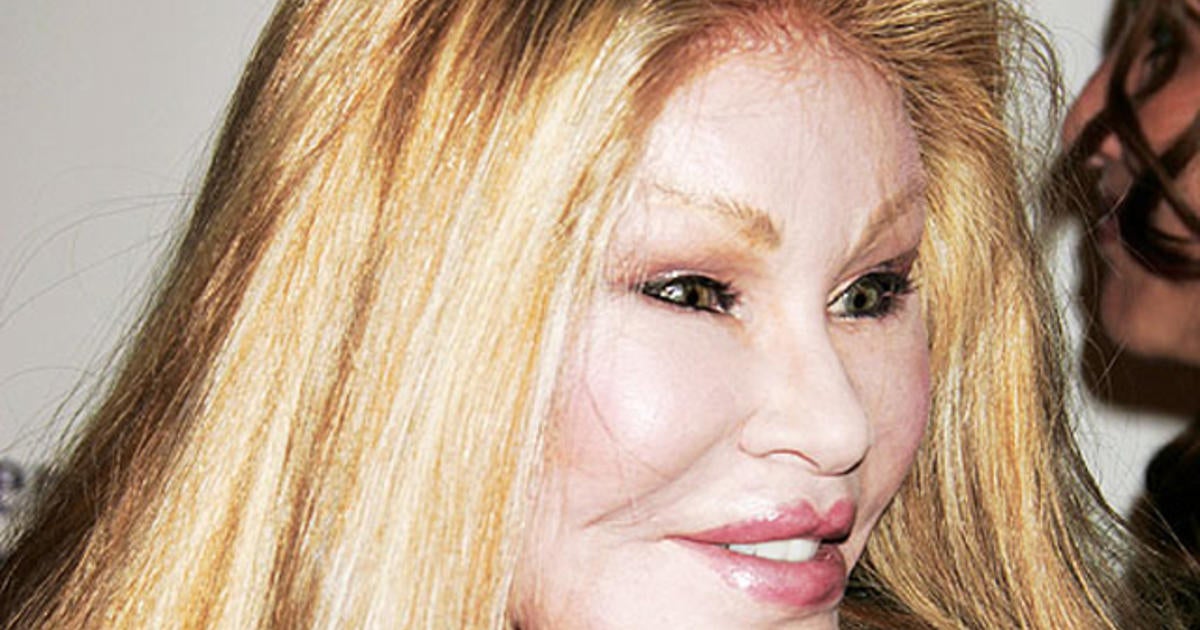Plastic Surgery Inland Empire: Trusted Specialists for Magnificent Aesthetic Outcomes
Plastic Surgery Inland Empire: Trusted Specialists for Magnificent Aesthetic Outcomes
Blog Article
Exploring the Emotional and Social Factors That Drive People to Consider Plastic Surgery as a Means of Enhancement
The decision to go after plastic surgery commonly prolongs past mere looks, intertwining with emotional and social dynamics that warrant thorough examination. Aspects such as self-confidence, prevalent social elegance standards, and the pervasive impact of social networks merge to shape specific motivations for surgical enhancement. As these influences come to be progressively prominent, understanding the underlying social and psychological contexts is crucial. What continues to be to be checked out is the profound impact these factors have not just on individuality however likewise on broader social norms and values bordering charm and acceptance.
The Function of Self-confidence
Self-esteem significantly affects an individual's decision to seek plastic surgery. Individuals with low self-confidence often regard themselves in an unfavorable light, bring about feelings of inadequacy concerning their physical look. This negative self-perception can drive them to look for surgical treatments as an approach of boosting their self-image. The wish for improvement in one's look is often linked to an idea that such adjustments will certainly elevate their general self-regard and self-confidence.

Eventually, the function of self-worth in the decision-making procedure regarding cosmetic surgery highlights the complex interaction in between body picture, personal fulfillment, and psychological health and wellness. Understanding this relationship is critical for medical care professionals to make certain that individuals are making educated choices rooted in reasonable assumptions and emotional health.
Societal Beauty Specifications
Influenced by pervasive media representations and social narratives, societal elegance criteria play a critical duty in shaping individuals' perceptions of their own bodies. These requirements are commonly defined by an idealized kind of charm that highlights traits such as proportion, youthful vigor, and slimness. As these ideals are bolstered with different networks, including movie, television, and advertising and marketing, people often internalize these messages, leading to discontentment with their all-natural appearance.
The effects of these societal standards extend beyond visual preferences; they can influence self-confidence, psychological health, and social relationships. People that perceive themselves as disappointing these requirements may experience feelings of inadequacy, triggering a need for cosmetic surgical treatment as a method of achieving societal approval. This search is often sustained by the idea that conforming to these suitables will certainly boost not just physical appearance however also social standing and personal satisfaction.

Impact of Social Media Site
The impact of societal appeal criteria is further magnified by the surge of social media platforms, where curated photos and idealized representations of charm are ubiquitous. Individuals are frequently revealed to filtered and edited photographs, which typically illustrate unattainable physical characteristics. This exposure cultivates a culture of comparison, leading individuals to evaluate their very own appearance against these typically impractical standards.
Social media site influencers and stars regularly advertise aesthetic treatments, normalizing the notion that surgical enhancements are a practical ways for accomplishing social ideals (plastic surgery rancho cucamonga). The visibility of these enhancements can develop an assumption that undertaking plastic surgery is a typical practice, thereby affecting people to take into consideration comparable interventions as a pathway to boosted self-worth and social acceptance
In addition, the interactive nature of social media sites permits prompt responses click this site via likes and comments, better strengthening the wish to satisfy prominent beauty criteria. Such communications can intensify feelings of inadequacy and drive people towards plastic surgery as a way of gaining recognition. Eventually, social media plays an essential function fit assumptions of charm, which considerably influences the decision-making processes bordering plastic surgery.

Social Point Of Views on Appearance
Throughout numerous cultures, perceptions of look are deeply rooted in historic, social, and economic contexts, shaping individuals' sights on elegance and charm. In numerous societies, appearance functions as a significant pen of identification, influencing social condition, expert opportunities, and individual partnerships. As an example, in some societies, light skin is often connected with riches and benefit, while others may idealize darker skin tones as icons of strength and authenticity.
In addition, standard beauty criteria are typically perpetuated via cultural stories, media depictions, and household affects, resulting in varying suitables across different regions (plastic surgery rancho cucamonga). In Western cultures, the focus on young people and fitness typically drives individuals toward aesthetic improvement, while in specific Eastern societies, more subtle adjustments straightened with traditional visual appeals might be chosen
Globalization and the spreading of electronic media have better complicated these dynamics, producing a hybridization of charm ideals that goes beyond geographical borders. As individuals increasingly browse these cultural narratives, the stress to adjust to particular look standards can bring about the need for cosmetic surgery, mirroring an intricate interplay of cultural values and individual goals. Recognizing these social viewpoints is vital in resolving the motivations behind plastic surgery factors to consider.
Mental Influences of Plastic Surgery
Lots of individuals seeking cosmetic surgical treatment record experiencing profound emotional influences that can significantly alter their self-perception and emotional wellness - plastic surgery rancho cucamonga. The desire for physical my site enhancement often comes from underlying concerns such as reduced self-worth, body dysmorphic disorder, or societal pressures relating to beauty requirements. For some, the instant post-operative stage can cause a temporary boost in self-confidence and fulfillment with their appearance, promoting a feeling of empowerment
However, these favorable feelings might not be enduring. Research indicates that while some clients experience enhanced self-confidence, others might deal with elevated anxiousness or clinical depression if their assumptions are not fulfilled. This inconsistency can arise from impractical perfects continued by media depiction and cultural narratives bordering beauty.
Furthermore, the psychological ramifications of plastic surgery expand beyond the individual. Relationships with household and friends might be stressed as social dynamics change, resulting in feelings of isolation or alienation. Ultimately, the emotional influences of plastic surgery are complex and diverse, calling for careful factor to consider by both prospective people and health care companies to make certain informed decision-making and sensible expectations.
Final Thought
In final thought, the decision to seek plastic surgery is dramatically affected by a mix of self-confidence issues, social elegance requirements, and social point of views on appearance. The prevalent reach of social media better exacerbates these stress, advertising impractical ideals that individuals commonly strive this article to attain. Recognizing these social and mental factors is crucial for addressing the motivations behind cosmetic surgery, highlighting the need for a much more nuanced conversation bordering appeal and self-acceptance in modern society.
The choice to pursue cosmetic surgical procedure usually extends past mere appearances, linking with social and psychological dynamics that warrant detailed assessment. Inevitably, social media plays an essential role in forming understandings of beauty, which significantly influences the decision-making processes surrounding cosmetic surgical treatment.
As people significantly navigate these social narratives, the stress to adhere to specific appearance standards can lead to the desire for cosmetic surgical procedure, showing a complicated interaction of individual ambitions and social values.In verdict, the choice to go after cosmetic surgical procedure is significantly affected by a mix of self-worth issues, social elegance requirements, and cultural viewpoints on look. Comprehending these emotional and social factors is important for addressing the inspirations behind cosmetic surgery, highlighting the need for an extra nuanced conversation surrounding beauty and self-acceptance in modern society.
Report this page